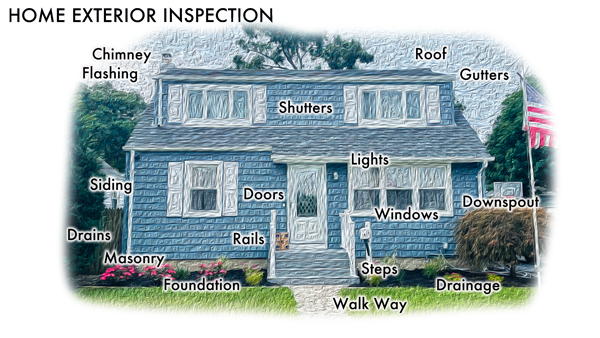Understanding the Home Inspection Process: What to Expect
Buying a home is one of the biggest investments you’ll ever make, and navigating the process can be overwhelming. One crucial step that often gets overlooked is the home inspection. Understanding what to expect during a home inspection can help you make informed decisions and avoid costly surprises down the line. In this blog post, we’ll break down the home inspection process and highlight its importance for both buyers and sellers.
What is a Home Inspection?
A home inspection is a comprehensive evaluation of a property’s condition, typically conducted by a qualified home inspector. The goal is to identify any issues that could affect the home’s value or safety. From structural elements to electrical systems, the inspector assesses various components to provide a detailed report.
Why is a Home Inspection Important?
Identifying Hidden Problems
Many issues, such as plumbing leaks or electrical hazards, may not be visible during a casual walk-through. A thorough inspection helps uncover potential problems that could lead to costly repairs.
Negotiation Tool
For buyers, the inspection report can be a valuable tool for negotiating repairs or price adjustments with the seller. For sellers, a pre-listing inspection can help identify and address issues before potential buyers come knocking.
Peace of Mind
Knowing the true condition of a property allows buyers to make informed decisions, giving them confidence in their purchase.
What to Expect During the Inspection
1. Scheduling the Inspection with DVA Home Inspections
Once you have an accepted offer on a home, it’s time to schedule a home inspection. Aim to do this as soon as possible, typically within the contingency period specified in your contract. Choose a qualified inspector with good reviews to ensure a thorough evaluation.
2. The Inspection Day
On the day of the inspection, plan to be present, along with your real estate agent. This allows you to ask questions and understand the findings firsthand. The inspection usually takes 2-3 hours, depending on the size and condition of the home.
3. What the Inspector Evaluates
During the inspection, the inspector will assess various components, including:
Exterior: Roof, siding, gutters, and foundation
Interior: Walls, ceilings, floors, windows, and doors
Systems: Electrical, plumbing, heating, and cooling systems
Appliances: Major appliances like ovens, dishwashers, and water heaters
4. The Inspection Report
After the inspection, you’ll receive a detailed report outlining the inspector’s findings. This document typically includes:
A summary of any significant issues found
Photos to illustrate problems
Recommendations for repairs or further evaluations by specialists
What Happens After the Inspection?
For Buyers
After reviewing the inspection report, you’ll have a clearer understanding of the home’s condition. You can then discuss potential repairs with your real estate agent and decide whether to negotiate with the seller or move forward with the purchase.
For Sellers
If you’re selling the home, use the inspection report to address any issues before listing. This proactive approach can improve your home’s marketability and potentially lead to a smoother sale process.
Conclusion
Understanding the home inspection process is vital for anyone looking to buy or sell a property. By knowing what to expect, you can navigate the process with confidence, ensuring that your investment is sound. Whether you’re a first-time buyer or a seasoned homeowner, a thorough home inspection can provide invaluable insights into your property.
If you’re ready to schedule a home inspection or have questions about the process, contact us today! We’re here to help you every step of the way.

